Mounting concerns over the readiness of both industry and the EU to implement its long-awaited anti-deforestation regulation came to a head on Tuesday, when the European Commission announced a further one-year delay to its rollout
It’s another blow to the ambitious law, which will compel companies selling commodities such as cocoa, coffee, palm oil and soy to the EU to provide extensive evidence their products are deforestation-free.
Failure to comply with EU Deforestation Regulation will bring stiff financial penalties, with a maximum fine stretching to at least 4% of a company’s total annual EU turnover, plus a ban on doing business with the bloc.
But it had already been pushed back by a year last autumn – in the face of concern stakeholders needed more time to meet its requirements.
So what’s behind the new delay? And where does it leave the regulation?
European environment commissioner Jessika Roswall said the new implementation timeframe – 30 December 2026 for large companies and June 2027 for SMEs – was necessary due to “IT issues” linked to the regulation’s complexity and the capacity of the EU’s regulatory framework.
However, the delay comes amid significant pressure for the regulation to be watered down or abandoned altogether. Speaking to journalists in Brussels on Tuesday, Roswall insisted, with an air of resignation, that EUDR remained a “key initiative to fight deforestation”.
Read more: Flagship EU Deforestation Regulation delayed for a further year over ‘IT issues’
On the same day, Roswall warned of the complexities of compliance, particularly for smaller producers supplying the bloc, in a letter to the European Parliament’s Environment Committee chair Antonio Decaro.
That would “very likely” result in a “slowdown to unacceptable levels” in the operation of EUDR, despite “focusing on simplification” in the past year, she said.
Supply disruptions
Ultimately, she warned of the potential for “repeated and long-lasting disruptions” of the supply of some commodities. If EU systems struggle to cope with the volume of applications, the goals of the EUDR and trade flows stood to be “severely impacted”, Roswall warned.
The delay would therefore help “avoid uncertainty for authorities and operational difficulties for stakeholders in the EU and third countries, and allow time to remedy identified risks”, the Swede concluded.
Her concerns are not just shared by small players. In July, Italian coffee giant Lavazza warned EUDR would be “very tough” to implement within its current timeframe. EU-based roasters could face coffee shortages as producers struggled to meet its demands, it argued.
Cadbury owner Mondelez also warned over the summer it needed to be “workable, not just in principle, but in practice”.
Further, political pressure has come from the EU’s trading partners.
Countries such as Brazil and palm oil giant Indonesia and have expressed misgivings over the law and its due diligence requirements, while the EU agreed to “address the concerns of US producers and exporters” when signing its trade agreement with the Trump administration in August.
Roswall stressed such factors had not influenced the European Commision’s decision. But this kind of pressure, coupled with a changing political environment in the bloc, means the will to press ahead could be diminishing, suggests Isabel Fernández, a consultant for NGO Mighty Earth.
Since the EUDR became law in 2023, the political situation has “totally changed”, she says. Centrist parties are now “increasingly concerned” by the rise of far-right parties in the bloc, “so they are moving towards their political ideas”, she adds, echoing the rightward shift of UK politics.
It’s also important to note that the UK government is yet to lay out its own plans for tackling the issues the EUDR set out to achieve, with Defra telling The Grocer this week it “recognises the need to take action to ensure that UK consumption of forest risk commodities is not driving deforestation, and we will set out the next steps on this in due course”.
A ‘rejection’ of sustainability-focused ideas
There is an increasing rejection of the kind of sustainability-focused ideology that made the EUDR possible in the first place, says Fernández, who brands the delay “totally unacceptable”.
The “will of EU citizens who don’t want to buy products tied to deforestation” is also being ignored, she argues. And it “massively disadvantages the companies and countries which have gone all out to be ready for implementation in December of this year”, Fernández adds.
“This proposal – at a time when we are experiencing a climate, nature and deforestation crisis and after the record-breaking fires in Europe this summer – should be firmly rejected.”
Her comments are echoed by a slew of global campaign groups. The World Wide Fund for Nature likened the EC’s reasoning to a ‘dog ate my homework’ excuse.
“It is probably no coincidence that this move comes right as the Commission pursues an unprecedented deregulation agenda, throwing the EUDR under the bus,” says WWF forest policy manager Anke Schulmeister-Oldenhove.
“This is unacceptable and a massive embarrassment for President Von der Leyen and her Commission. If this technical issue is real, this shows not only incompetence, but also a clear lack of political will to invest sufficiently in a timely implementation of the EUDR.”
The Rainforest Alliance, meanwhile, “condemns” the delay as “a blatant violation of all EU commitments to halt global biodiversity loss and climate change”.
Roswall stressed on Tuesday that the EC was “still very committed to continue to fight deforestation”.
But given the political direction of travel now points in the opposite direction – as so brutally demonstrated in Donald Trump’s rejection of green ideas at the UN General Assembly this week – who is to say whether this once-landmark legislation will ever achieve what it set out to?







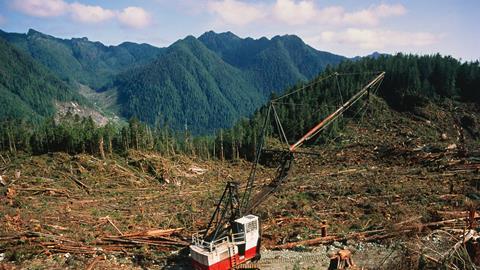
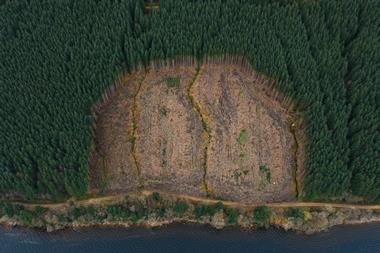
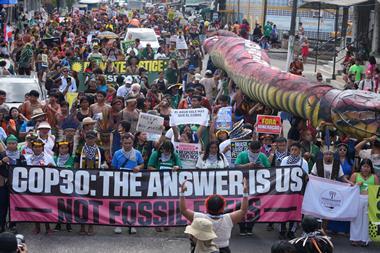
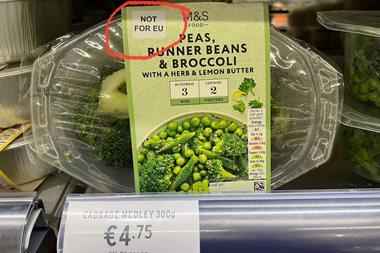
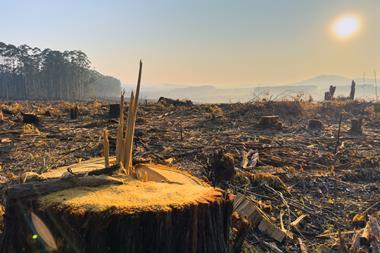
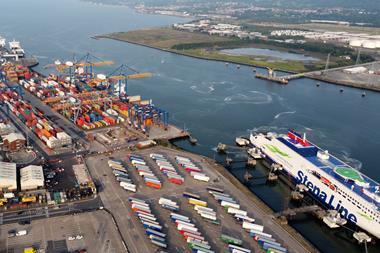
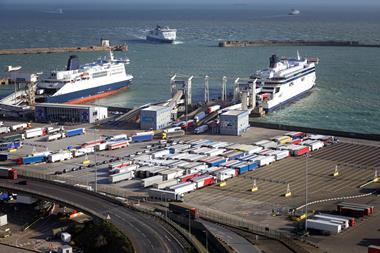






No comments yet